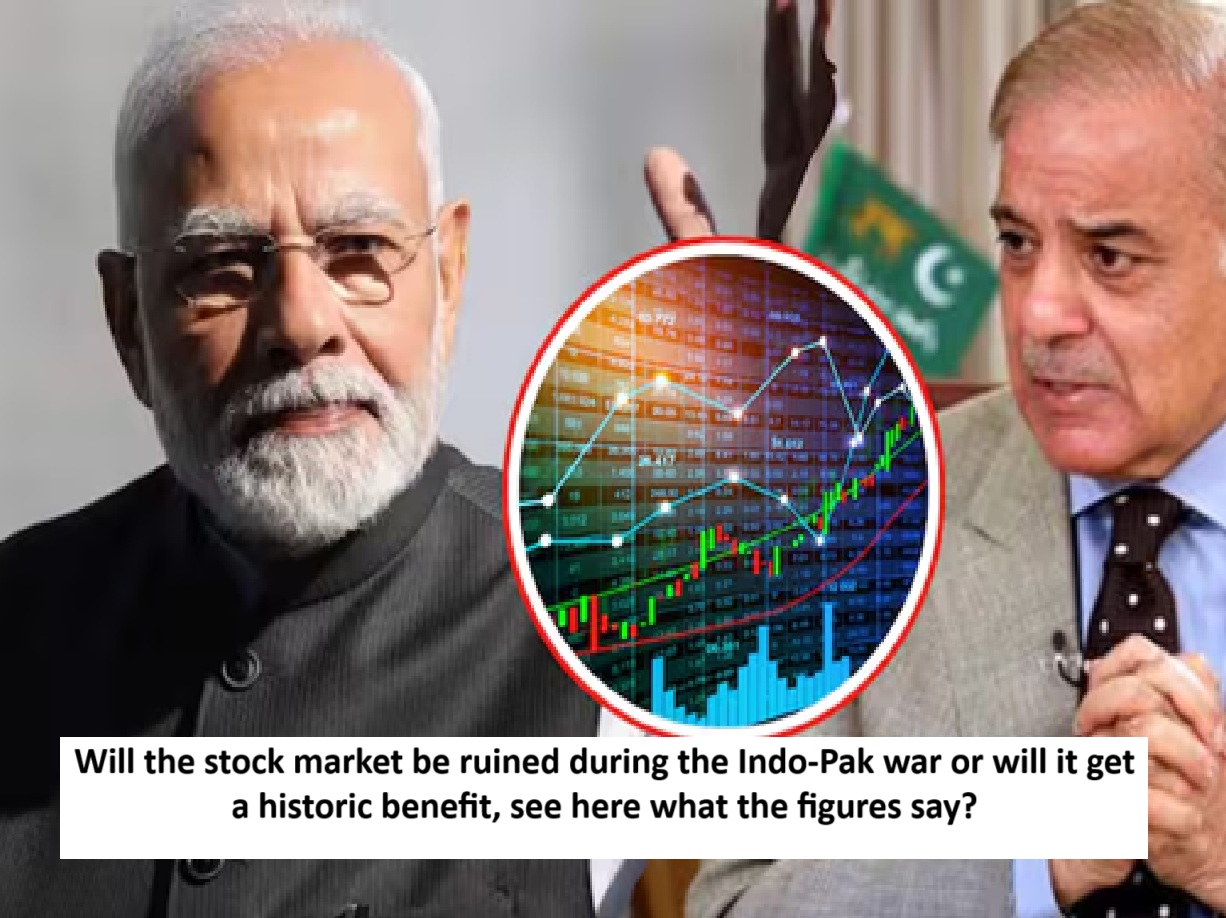
News Topical, Digital Desk : The terrorist attack in Pahalgam in April 2025 shook the country. 26 innocent people lost their lives and the blame for this attack was directly put on Pakistan-based terrorists.
As soon as this news spread, anger spread across the country. There was increased commotion on the border and demands for war increased on social media. But an interesting thing in the meantime was that while there was an atmosphere of fear and restlessness everywhere, the movement of the stock market was telling a different story.
Pakistan's stock market fell badly
Pakistan's Karachi Stock Exchange (KSE-100) faltered badly after the attack. In just two weeks, the index fell by 7,500 points, i.e. a drop of about 6 percent. Shares of big companies like LUCK, ENGROH and UBL also got swept away in this decline.
On the other hand, the Indian stock market showed the opposite trend. The BSE Sensex registered a gain of 1.5 percent during the same time. But this was not the first time that the Indian stock market stood strong despite Indo-Pak tensions.
Indian markets always remained strong
In the last two decades, whenever there has been tension between India and Pakistan or terrorist attacks, the Indian stock market has initially shown a slight decline, but soon regained stability. For example, after the Pulwama attack in 2019, the Sensex and Nifty declined by more than 1.8 percent between February 14 and March 1.
Similarly, during the Uri attack and the subsequent surgical strike in 2016, the market fell by about 2 percent between September 18 and 26. During the attack on Parliament in 2001, the market also witnessed a sudden decline, with the Sensex falling by 0.7 percent and the Nifty by 0.8 percent, but the market recovered itself as soon as the situation came under control.
Moreover, when the 26/11 terror attack took place in Mumbai in 2008, the market showed strength instead of panic, with the Sensex gaining 400 points and the Nifty gaining 100 points. During the Kargil war of 1999, the stock market showed resilience and only a marginal decline of 0.8 per cent was recorded during the three-month war period. It is clear from these events that the Indian stock market is gradually becoming more mature and stable towards political and military crises.
There was economic damage during the attack on Parliament in 2001 and the subsequent military tension, but the impact on the stock market was limited. The main reason for this is India's strong economy, which is based on domestic demand, investment and stability.
Trade with Pakistan is negligible
Economic relations between India and Pakistan are almost zero. In 2024, Pakistan accounted for only 0.5 percent of India's total exports. That is why when there is tension on the border with Pakistan, it does not directly affect India's economy.
Pakistan's position is very weak
Pakistan's situation is far more fragile in all this. Already facing economic crisis, IMF debt, energy shortage and political instability, its market collapses at the slightest shock. The massive fall of Karachi Stock Exchange is a direct proof of this. Investors withdraw money, business comes to a standstill and inflation rises.
--Advertisement--

 Share
Share



